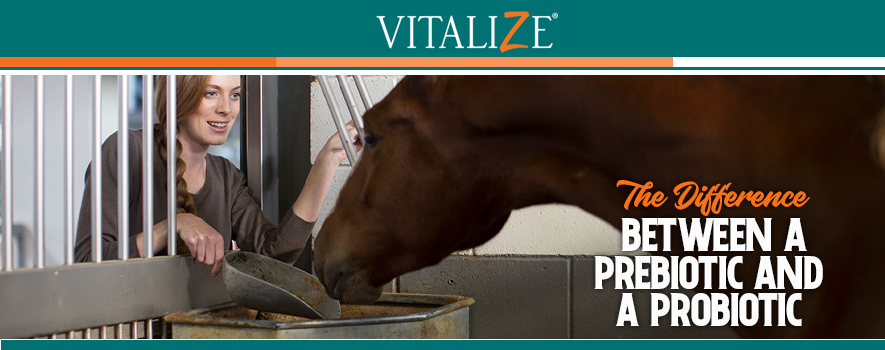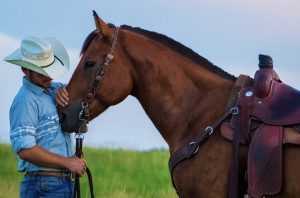Gut health is a key player in many aspects of your horse’s health. Not only is it responsible for digesting feed and absorbing the nutrients required to keep the horse functioning properly, but it is also responsible for keeping bad stuff that may be ingested out of the body, and houses almost 3/4 of the horse’s immune system. Therefore, keeping the gut healthy is paramount. What is gut health though? You may come across various definitions of gut health, but here’s one we like: Gut health is the ability of the gut to sustain or rapidly restore the optimal balance between the digestive, absorptive and protective roles of the gut required to support animal health and performance.
Gut health is largely dependent on the microbial population, or “bugs” that live in the gut and help it function. Unfortunately, for most horses, something occurs almost daily that can shift the microbial population in the gut of a horse causing it to become unhealthy. Any type of stress is often the culprit. The vet comes to vaccinate, the farrier digs out an abscess, a new load of hay arrives, the weather changes, a horse gets the wrong feed or has to travel to a show—all these events can cause digestive stress and disrupt the microbes in the hindgut. Luckily, adding or impacting the “good” microbes daily through supplementation minimizes the odds of the gut becoming unhealthy.
You have probably heard of, or maybe even tried, a gut health supplement that contained probiotics or even prebiotics. Despite the similarity in their names, prebiotics and probiotics actually work quite differently. To be considered a probiotic, the bacteria included in the supplement must be alive when administered. Feeding these live bacteria adds “good” microbes to the population already residing in the horse’s gut.
Prebiotics, on the other hand, are not alive, but rather work to enhance the growth and efficiency of the good microbes that are already within the gut. Prebiotics are multipliers of good microbes, whereas probiotics add microbes. It does no good to feed probiotics unless they are nourished and placed in an environment where they can flourish. Think of probiotics as the engine of the gut and the prebiotics as the fuel. If you have an engine but no fuel, you won’t get very far. Prebiotics help fuel the microbes in the gut so that they are capable of extracting the maximum quantity of nutrients from the feed and can also maintain the gut health concept that we described earlier – digestive, absorptive and protective capacity.
Both prebiotics and probiotics are commonly used in high-performance horse diets as they can help make a difference in keeping the horse functioning at its best. Young and aged horses also benefit from probiotic and prebiotic use, as their intestinal tracts usually are not always functioning at peak efficiency. Foals for instance, lack a fully balanced level of bacteria in their systems and thus cannot completely and effectively digest food. Aged horses on the other hand often have intestinal scarring or other conditions that make it difficult for them to digest and absorb their food.
AMAFERM® can help in all of these instances. Amaferm is a prebiotic that was created using a select strain of Aspergillus oryzae from a proprietary process yielding a product that is solely engineered and manufactured for animal diets. Amaferm has been extensively researched by universities and private facilities worldwide with more than 100 peer-reviewed, published papers that prove its impact on the microbes and the animal in which those microbes reside. BioZyme®’s line of gut health products for horses and dogs, Vitalize®, contains in each serving the recommended daily dose of Amaferm. So, whether you are looking for a top-dress pellet or free-choice, loose mineral, with Vitalize your horse will benefit from the industry’s most researched prebiotic.


